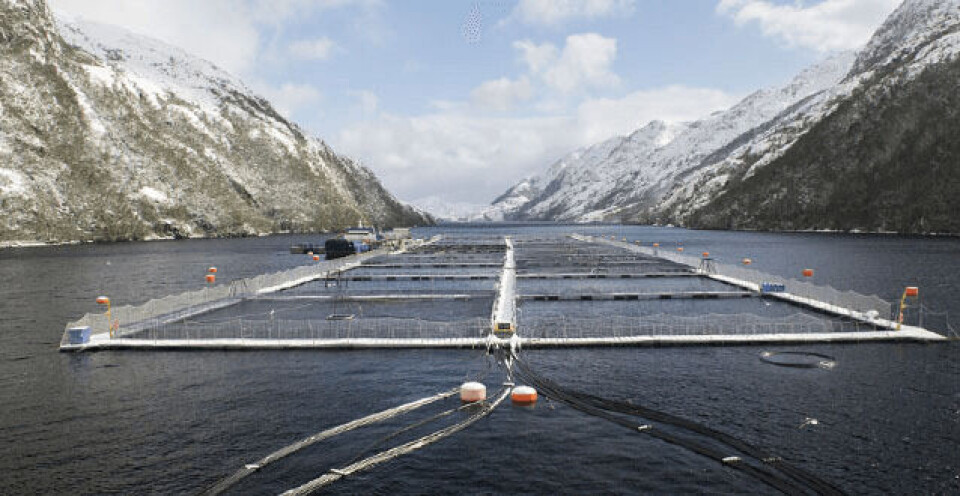
Chilean salmon farmer fined £1.1m for 2019 breaches
Salmon farmer Nova Austral has been hit with fines totalling more than £1.1 million by Chile’s Superintendency of the Environment (SMA).
The fines relate to offences connected with Nova Austral’s attempt to conceal the full extent of fish mortality at a site in the Magallanes region in 2019.
Nova Austral has already been fined £150,000 by a court last year over the same issue.
Five charges
The SMA this week issued fines for five charges, one classed as very serious, related to Nova Austral’s actins at the Aracena 19 site in Punta Arenas commune.
The sanctions related to the concealment of information, preventing the SMA from exercising its supervisory powers; inadequate mortality and solid waste management; failure to comply with preventive measures in a contingency plan; structural damage to a silage platform parapet.
The very serious charge concerned Nova Austral’s failure to send a digitised copy of the daily control log of mortality subjected to silage in the farm site during the 2016-2018 production cycle.

Obstructed the SMA
The Superintendent of the Environment, Cristóbal De La Maza, said this failure obstructed the SMA’s supervisory powers, preventing a complete analysis regarding what happened with the mortalities at Aracena 19.
The fine ended a long and diligent investigation process by the SMA, said De La Maza.
“We want to give the signal that all those companies that do not respect the regulations and, in addition, violate them causing effects on the environment, will be sanctioned in a proportional manner, as mandated by the environmental regulations,” said the Superintendent.
Restructured management
Nova Austral can appeal the decision.
The company stated: “Nova Austral is analysing the background of this resolution that arises as a result of this sanctioning process started in 2019.
“Two years ago the company completely restructured internal management, adding and recovering international certifications that guarantee the highest environmental, sustainability and compliance standards in their operations, which is aligned with the commitment to develop the cultivation and processing of salmon in harmony with the environment and the communities with which it is related.”























































